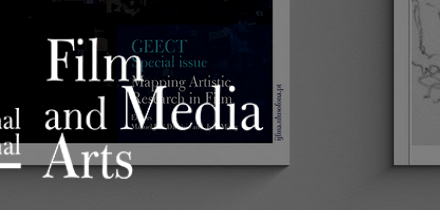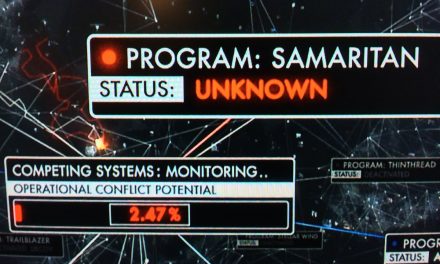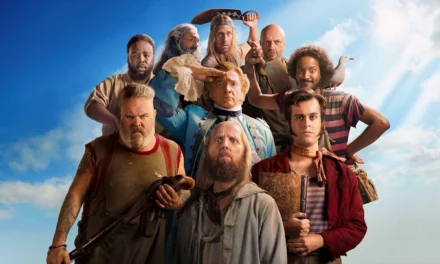Organized by Luca Barra, Matteo Marinello, Emiliano Rossi (Università di Bologna), Susanne Eichner (Filmuniversität Babelsberg Konrad Wolf, Potsdam) and Anne-Katrin Weber (Université de Lausanne)
The opportunity to store and preserve full records or fragments of already aired programmes has been a crucial challenge for the entire television industry since its inception, implying issues of material feasibility, editorial advantage and, not least, economic viability. Despite substantial geographical discrepancies and various capacities, PSBs and legacy networks have mostly initiated in-house archives and digitised repositories. On the other hand, local channels and less institutionalised TV companies have been inconsistent, with the result that significant portions of their cultural heritage have been lost, or are barely available. Concurrently, from the second half of the 1990s, the interdependence between media and audiovisual archives has undergone a radical evolution: digitisation, recovery, preservation, access, and sharing have gradually become buzzwords of any creative chain, while video collections have been widely reinstated as tools for storytelling, memory/identity-building, and corporate branding.
The 16th edition of Media Mutations international conference – developed within the scope of the PRIN 2020 research project ATLas – Atlante delle Televisioni Locali (Atlas of Local Televisions) – will explore and engage with the history and recent developments of TV archives, investigated both on a theoretical, technical and operational basis and with attention to their commercial potential. In an age of multi-channel and digital platforms, the use of archives as sources entails constant renegotiations of the ties between technology and memory, opening unexpected glimpses in public history and delving into the political dimension of cultural heritage’s reuse, exploitation and enhancement. Accordingly, the conference aims to foster dialogue on current practices, policies and emerging trends as far as the establishment, curation and maintenance of media corporations’ archives are concerned, while raising complex questions around their fair use(s). In such a frame, the coverage of minor, less-known case studies drawn from a European, international and transnational scale will be appreciated.
By bringing together academic researchers, professionals, and experts, Media Mutations 16 encourages submissions covering diverse topics, approaches and methodologies, such as:
-
creation, classification and preservation of TV archives, within or beyond academic research: specificities, challenges, ethics, historiography, and methodological tools;
-
the peculiarities and complexities of local, private, commercial television archives, and their relevance at a regional, national and transnational level;
-
digitisation of audiovisual and non-audiovisual (e.g. production documents, press releases, sound recordings, images) sources: projects, experiences, examples;
-
audiovisual archives between preservation, restoration and curation procedures;
-
promotion and implementation initiatives related to TV archives and content circulation, including digital exhibitions and multimedia showcases;
-
regulation: norms, laws, policies and institutional guidelines concerning TV archives;
-
archival and production cultures: the use of TV archives to investigate the medium backstage and professional routines, also through the enhancement of ancillary resources (e.g. paratexts, interstitial programmes, promotional materials);
-
the exploitation of TV archives for entertainment, information and other commercial uses;
-
TV archives, society, and public history practices: the connection with audience, local communities, and the broader public, against the backdrop of national, regional and local identities;
-
infrastructural and operational logics of digital collections: logics and strategies for selecting and classifying documents, data management arrangements, IP and copyright protection;
-
international alliances between audiovisual archives and co-operation schemes;
-
audiovisual heritage and the decolonisation of archives: procedures, knowledge and communication;
-
long-term conservation, social responsibility and environmental sustainability of audiovisual archives: exploitation of labour avoidance, climate-neutral digital hosting, socio-ecological footprint and related best practices;
-
the advancement of AI-generated content and its integration into audiovisual archives.
The language of the conference is English. Abstracts (max 250 words) should be sent to luca.barra@unibo.it, emiliano.rossi5@unibo.it and matteo.marinello3@unibo.it by February 10th, 2025. Please attach a short biography (max 100 words) and an optional selection of sources (up to five titles) relevant to the topics addressed in the proposal. The conference will be in person, with no option for remote presentation. Notification of acceptance will be sent by March 5th, 2025. A registration fee will be requested after notification of paper acceptance (€** for speakers and professional attendants).
This Conference is promoted by the Media Mutations Association and financially supported by PRIN 2020 ATLas and DAMSLab. The Conference is also organized in collaboration with VIEW. Journal of European Television History and Culture, SERIES. International Journal of Television Serial Narratives, and the TV Studies section of ECREA – European Communication Research and Education Association.
The acts of the conference will be published by Media Mutations Publishing. Please also note that the call for papers of Tele-Archives. Reframing Archival Research on Local Televisions Across Europe, winter 2025 special issue of Cinergie journal focuses on some topics covered by the conference; cross-applications are welcome. More information will be available here from the beginning of November, 2024.





